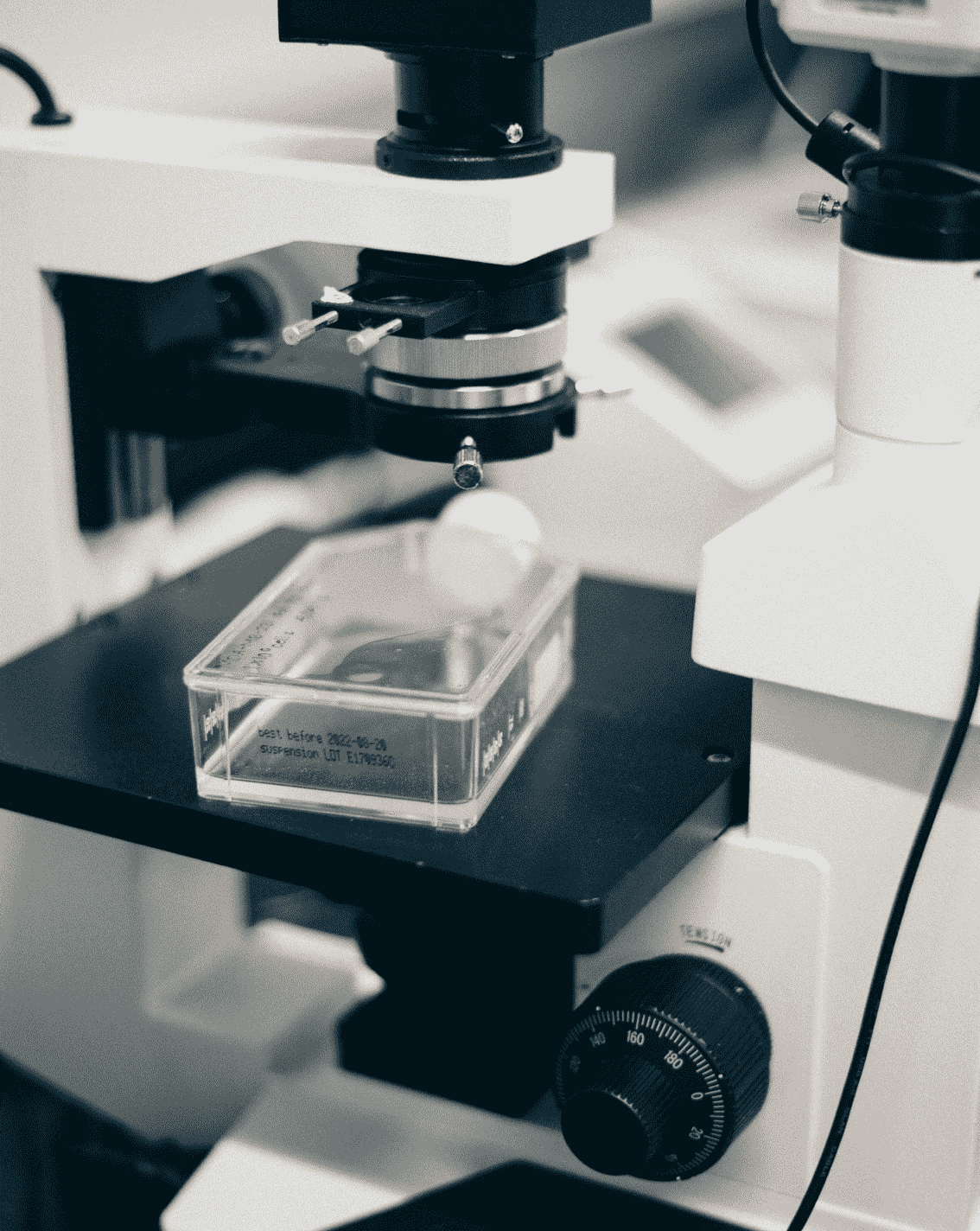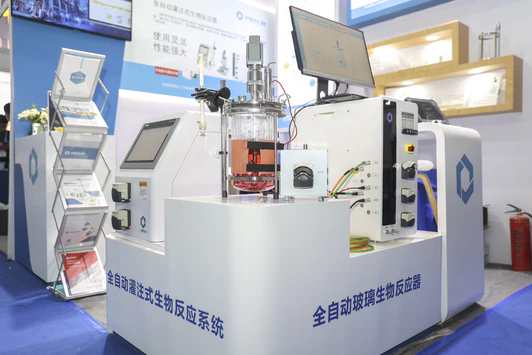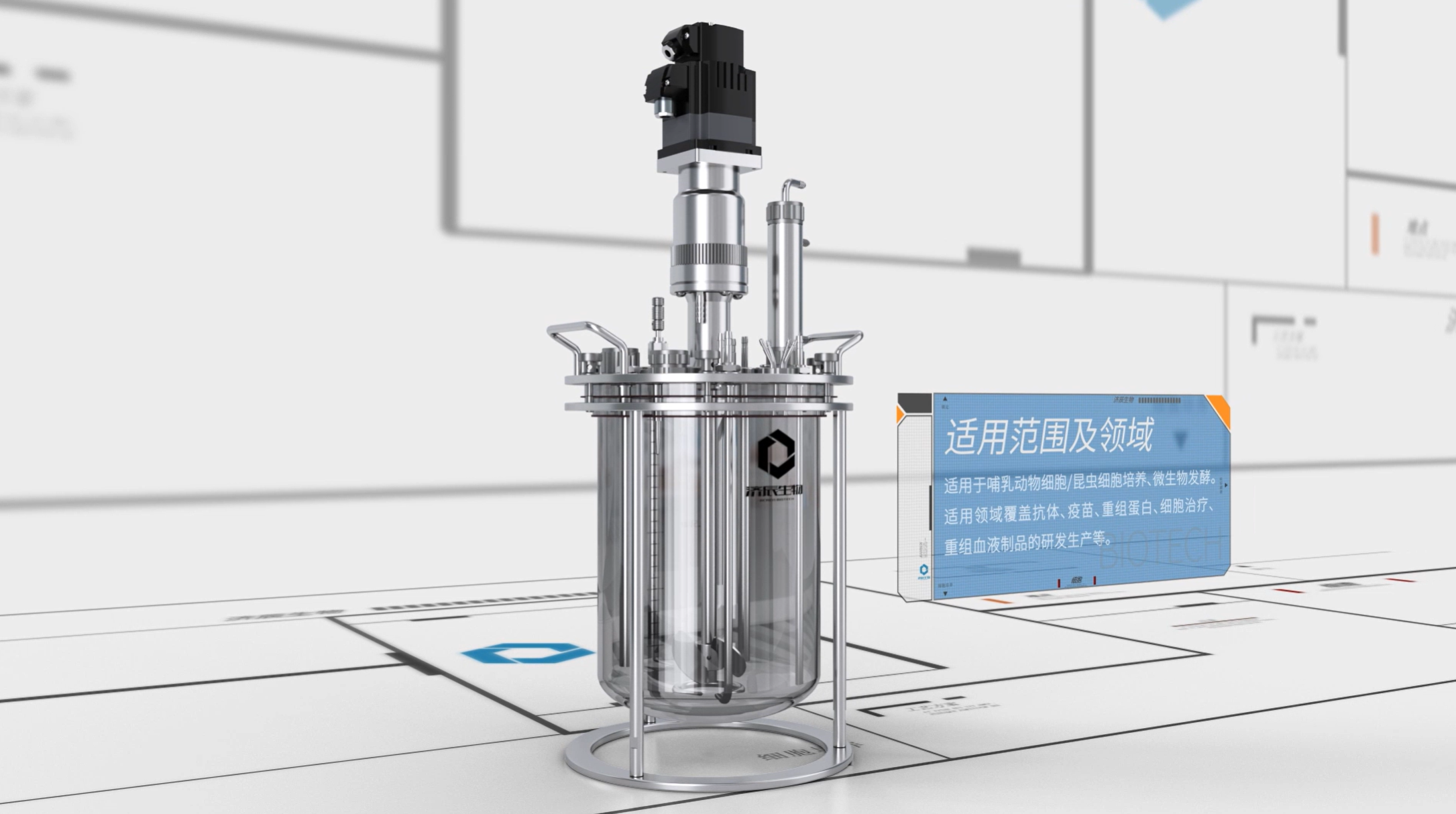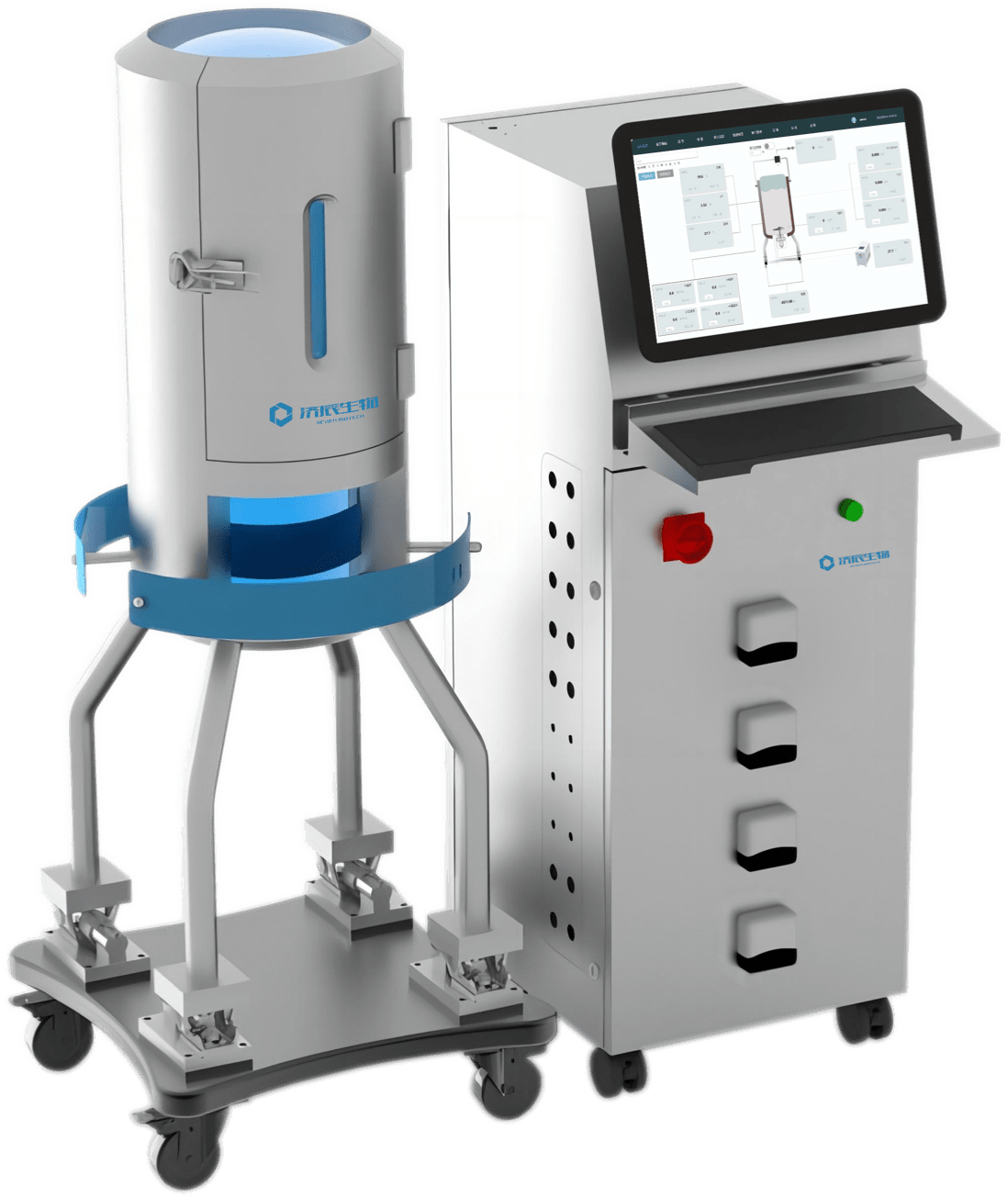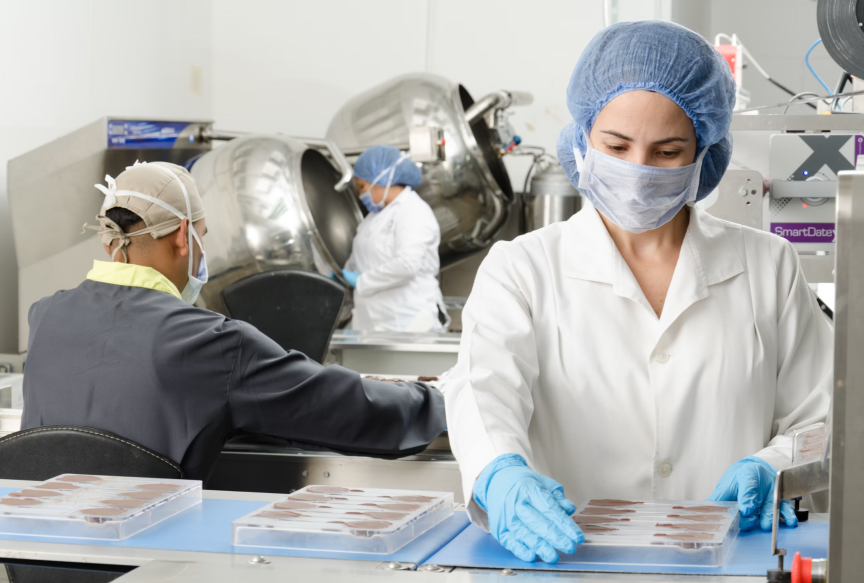Bioreactors are key technological devices in the field of biomedicine, which mimic the environment in living organisms and provide the necessary conditions for cell growth, reproduction and product production. With the continuous progress of biotechnology, the application of bioreactors in the field of biomedicine is becoming more and more widespread, which not only promotes the research and development of new drugs and the production of biologics, but also provides new possibilities for personalized medicine and regenerative medicine. In this paper, we will discuss the innovative applications of bioreactors in the biomedical field and their future development.
Innovative applications of bioreactors
1. Cell culture and amplification
The use of bioreactors in cell culture has made possible the expansion of large numbers of cells. This is of great importance for cell therapy, tissue engineering and other fields. By optimizing the design and operating conditions of bioreactors, the efficiency and quality of cell culture can be significantly improved.
2. Recombinant protein drug production
The use of bioreactors for the production of recombinant protein drugs, such as insulin, growth factors, etc., has become an important part of the biopharmaceutical industry. The use of bioreactors not only improves the production efficiency of drugs, but also reduces the production cost.
3. Vaccine development and production
The application of bioreactors in vaccine research, development, and production, especially in the rapid development and production of new coronavirus vaccines, has played a key role. Cell lines cultured by bioreactors can efficiently produce virus-like particles for vaccine preparation.
4. Regenerative medicine
The application of bioreactors in regenerative medicine is mainly in tissue engineering and stem cell research. By simulating the in vivo environment through bioreactors, engineered tissues for repairing or replacing damaged tissues can be grown.
Future development of bioreactors in biomedicine
1. Personalized medicine
With the development of genomics and bioinformatics, bioreactors will help realize personalized medicine. With patient-specific cells cultured in bioreactors, personalized drugs and treatment strategies can be tailored.
2. Microfluidic bioreactors
The development of microfluidic bioreactors will provide a new platform for cell biology and drug screening. They can mimic the in vivo environment on a much smaller scale, enabling high-throughput cell culture and drug testing.
3. 3D bioprinting combined with bioreactors
3D bioprinting technology combined with bioreactors can build more complex tissue structures in vitro. This combination is expected to play an important role in future tissue engineering and organ regeneration.
4. Intelligent bioreactors
Intelligent bioreactors will integrate sensors, control systems, and data analytics software to achieve real-time monitoring and automatic adjustment of the bioreaction process, improving production efficiency and product quality.
The application of bioreactors in biomedicine is gradually deepening, and its innovative technology and future development potential provide a strong impetus for the progress of the pharmaceutical industry. With the continuous breakthroughs in bioengineering technology, bioreactors will play an even more important role in the fields of new drug development, personalized therapy, tissue engineering, etc., bringing more benefits to human health.
